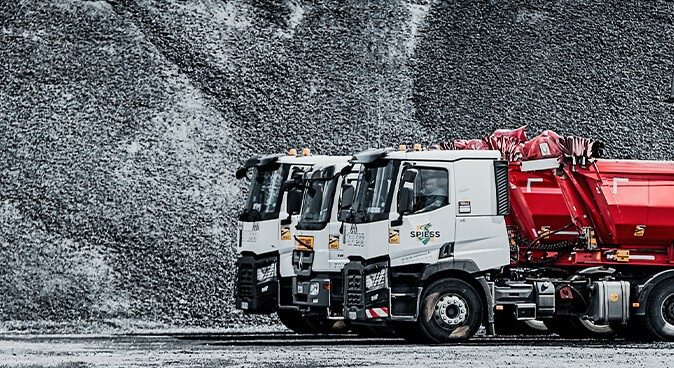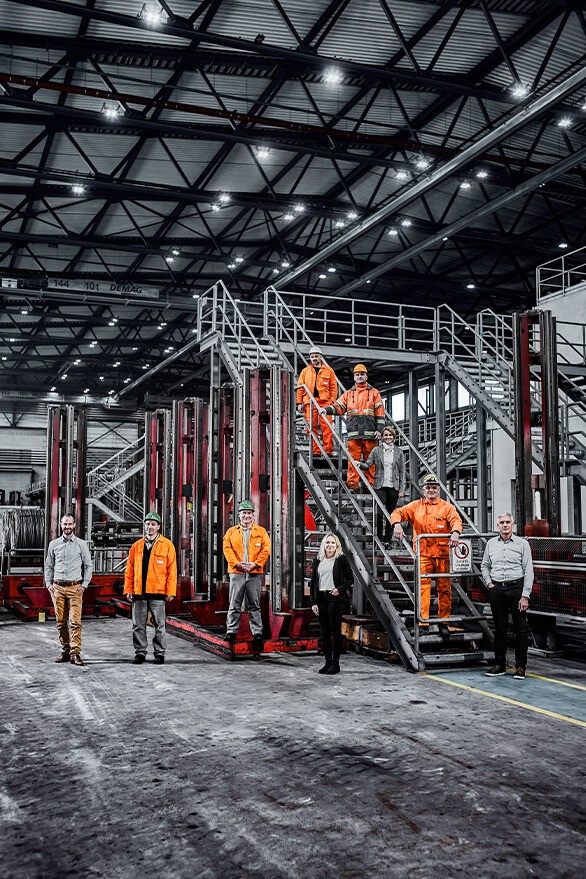
People are the most important thing at Badische Stahlwerke. We care about our employees. That’s why we take their safety very seriously.

Having seamless processes in production requires well-organized framework conditions. That’s why we work with partners who are reliable and calculate in line with the market.


